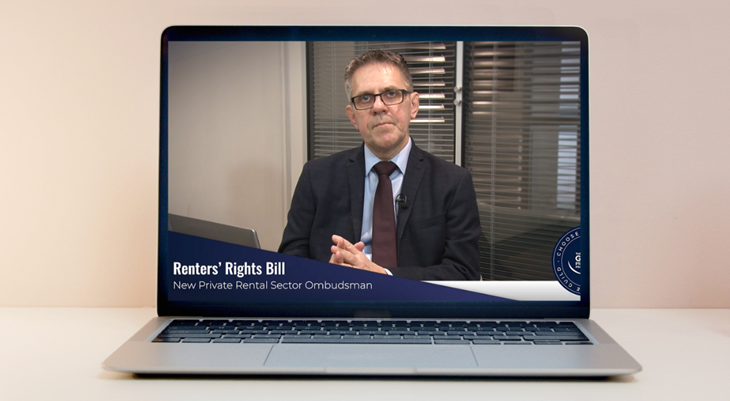The Guild of Property Professionals supports raising standards in the property sector
The Guild of Property Professionals, a network of independent estate agents, is committed to promoting excellence and transparency within the property sector. The organisation, under the guidance of its Compliance Officer, Paul Offley, is fully supportive of elevating standards within the property industry, whether this be through promoting qualifications, disclosure of material information to help buyers make an informed decision or providing clarity on specific ‘hot topics’.
One such ‘hot topic’ is the issue of dual fee liability that can burden sellers during property transactions. According to Offley, there are a few actions that the agent can take to ensure that the seller is not placed in a position where they may, unknowingly be liable to pay a fee to two agents for the sale of the property.
“In the dynamic landscape of the housing market, where sellers often change agents in pursuit of their property goals, concerns may arise when a new agent claims to have introduced a buyer originally brought forward by the previous agent. This potentially contentious situation can be mitigated through clear communication, adherence to specific terms, and cooperation between all parties involved,” says Offley.
He advises that both property sellers and agents can take proactive steps to prevent dual fee liability situations. These steps encompass:
Transparent terms of business: Agents should ensure that their terms of business clearly outline any ongoing fee liability should the client terminate the agreement. The terms should specify the length of such liability, which typically extends for six months from the date of termination when another agent is engaged or up to two years when no other agent is involved. Importantly, agents should engage in open discussions with sellers to ensure they comprehend the implications.
Comprehensive record-keeping: In cases where an agent's services are terminated, they should provide the seller with a comprehensive list of potential buyers introduced during the period of their instruction. This enables transparency and aids in avoiding disputes down the line.
Information exchange: Receiving agents should inquire whether the property has been on the market previously and ask the seller for the names of any potential buyers they may have interacted with during that time. This exchange of information ensures that all parties involved have a clear picture of the transaction history.
“It's in the best interest of all stakeholders involved in a property transaction to work collaboratively to prevent disputes and foster a fair and transparent environment. It is worth reflecting on the wording used in The Property Ombudsman Code of Practice for residential sales that the definition of an effective introduction is that it must evidence that the agent carried out an act that initiated the buyer’s reaction to the property. As such there is a need for a defined transactional event to occur. This can be evidenced by that agent carrying out a viewing,” Offley Comments.
In conclusion, he says that agents can explore the option of mutually sharing a single fee when they have both contributed to the successful sale of a property. The primary goal is to facilitate a smooth and hustle-free transaction without the additional stress for the seller being worried about having to pay two fees or dealing with any dispute. Ultimately, working together can benefit all parties involved.





